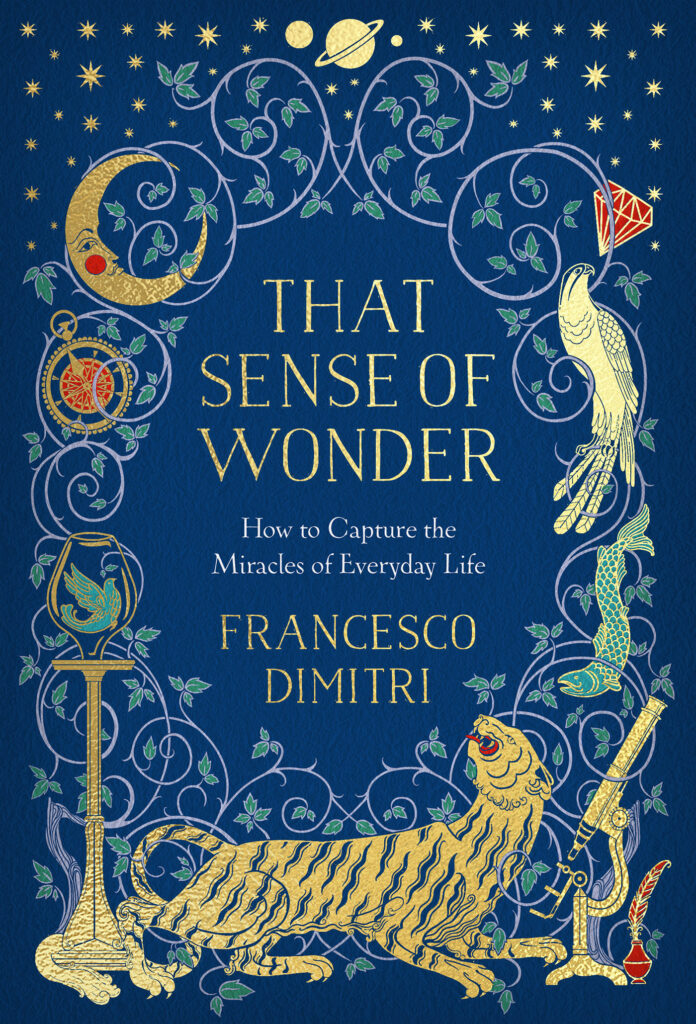
~Roga Danar – Star Trek: The Next Generation
Why am I reading “That Sense of Wonder”? This is why… because it is not enough to simply exist. Perhaps it may be helpful to add some more context… you know… For those of you who have not seen the episode somewhen within the last 30 days… as I have…
Prime Minister Nayrok : You were programed to survive. You can survive at the Lunar V settlement.
Roga Danar : To survive is not enough. To simply exist… is not enough!
Counselor Deanna Troi : Roga, tell them what you want.
Roga Danar : We want our lives back. We want to come home.
You and I were also programmed to survive. Granted we do not have the strength and capability of Roga Danar, but our instinct is to fuel for another day of survival in the world, however harsh it has become. The thing I find interesting about life is that it feeds upon itself. Even a vegetarian must end the existence of a clearly living thing in order to perpetuate its own life. Perhaps this explains in some small part why it is not enough to simply exist… we know our existence has a cost on others. We may forget the fact… it seems unlikely we would want to keep such a thing on our foreheads… but some have.
Some Native American traditions obligated the hunter to express gratitude to their prey – “Thank you for the life”. Life is hard, and sometimes smelly. It is not enough to simply exist through it. We need higher things to justify the cost, the effort, the pain. We need things like meaning and purpose and value. Only these sorts of things can justify the stink we mire through, the stench we inflict on others along the way. Meaning and purpose and value, and maybe-perhaps another or two such things, are related to each other… connected to the very idea of existence.
This would seem only true for those living things capable of asking questions about existence. For those living creatures which lack the capability of inquiry, perhaps it is enough to simply exist… they were programmed to survive as we were. They run from predators in fear and panic – something drives them to live another day. I cannot know their mind, but either they have meaning and purpose baked in to such a degree that they never need ask about it or question it, or it just does not apply. We humans are different. Maybe it is only because we can ask the questions that they come to matter so much.
We want our lives back. We want to come home. In a place absent meaning and purpose, we feel exiled, lost and wandering. We long to return to where we belong if only because it is where we belong. If it were enough to simply exist, we would have no need of others. We are not that sort of creature however. Few can endure total isolation from a place of belonging – and those that do hide themselves away usually return with treasure to share. Or madness…
Story is a major method of experiencing “home”, of feeling like we belong, of seeing our feelings in others and living their experiences vicariously. Story is where we find truth, and truth is one of the main components which connect us to each other – which allow us to feel belonging, to feel “home”. Wonder, I suspect, lives in that place within us where Story has power. Wonder, I think, either is or somehow fuels the fire of hunger for the things we need beyond mere existence. I’m not sure how just yet… and I’m not certain of any of this… but I have strong suspicions to work with and refine from here.




